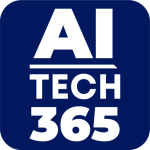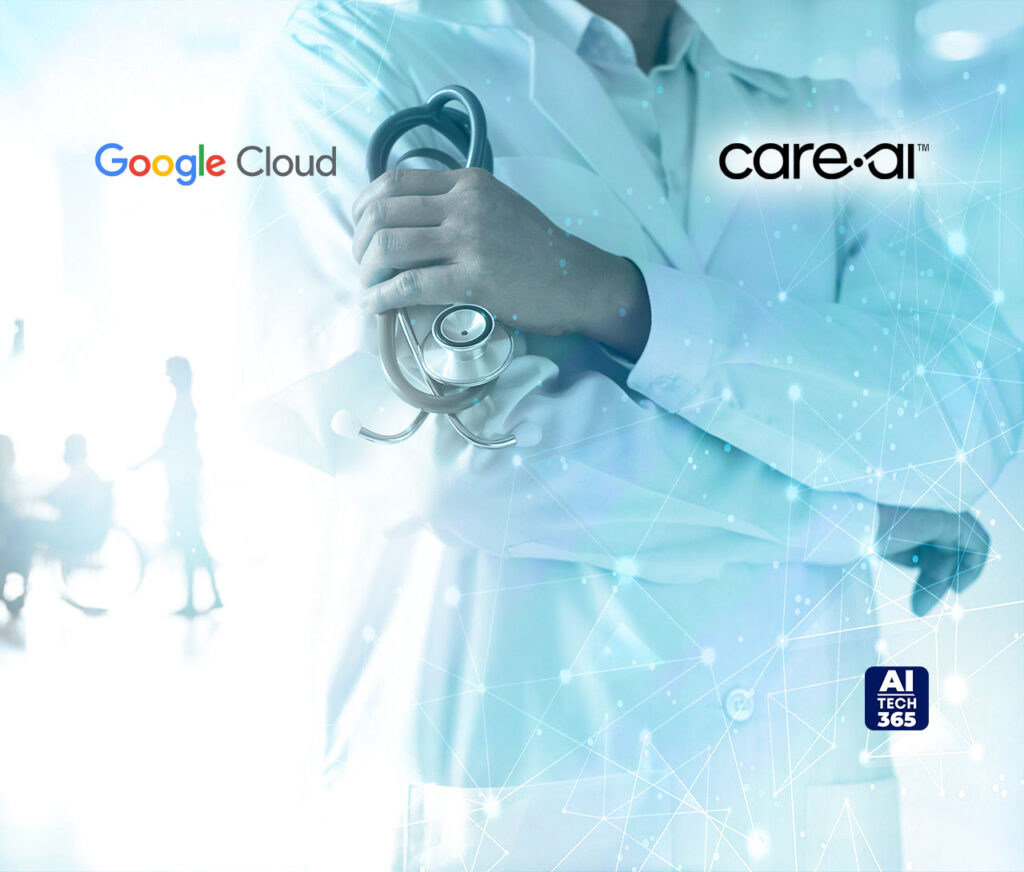care.ai announced it is building Google Cloud’s generative AI and data analytics tools into its Smart Care Facility Platform to improve healthcare facility management and patient care, and move toward its vision for predictive, smart care facilities.
care.ai’s platform will help solve an acute and growing problem: there aren’t enough clinicians to deliver healthcare, and yet the amount of paperwork is growing. Administrative costs in 2022 alone increased by $18 billion, a 30% increase in just one year, to reach $60 billion annually (CAQH). Additionally, within the next five years, the U.S. faces a projected shortage of more than 3.2 million front-line healthcare workers such as medical assistants, home health aides, and nursing assistants, according to a Mercer report.
By leveraging Google Cloud’s gen AI tools, including Vertex AI, and analytics and business intelligence products BigQuery and Looker, care.ai’s Smart Care Facility Platform aims to help reduce administrative burdens, mitigate staffing shortages, and free up clinicians to spend more time with patients in 1,500 acute and post-acute facilities where care.ai’s platform is already deployed.
As the technology is further deployed and integrated, acute and post-acute facilities will become continuously learning environments that leverage care.ai’s always-aware Ambient Intelligent Sensors to seamlessly provide clinical and operational teams with real-time ambient data, such as patient condition, room status, protocol and process adherence that keeps care teams better informed and empowered to meet patient needs. The Smart Care Facility Platform will also assist in creating discharge summaries, call summaries, recommend templates, and other content for nurses, admissions, and discharge staff. care.ai’s goal is to preemptively identify potential issues, enable real-time awareness, and improve predictive process adherence and resource allocation for more timely responses. This will enhance patient safety and experiences while autonomously optimizing workflows and processes.
Also Read: Mendel Launches Hypercube, an AI-Copilot for Real World Data Applications
“This collaboration brings us closer to our vision of predictive smart care facilities, as opposed to the current reactive care model, which relies on latent, manual, sometimes inaccurate data entry,” said Chakri Toleti, CEO of care.ai. “Our vision is to enable the era of the smart hospital by making gen AI and ambient intelligence powerful assistive technologies, empowering clinicians, making healthcare safer, smarter, and more efficient.”
“We’re living in an era of profound change in health care,” said Roberta Schwartz, Ph.D., chief innovation officer, Houston Methodist. “Ambient intelligent virtual nursing has empowered us to reduce the administrative burden on our nursing staff, and increase their capacity to provide high-quality, personalized care to our patients. The intuitive nature of these solutions also ensures seamless integration into our health care operations, revolutionizing how we provide care, enhancing the safety and overall patient experience across our health system.”
“Through real-time awareness of the care environment and virtualizing workflows, the virtual care platform reduces the workload on bed-side nurses,” said Dr. Neal Patel, chief informatics officer, Vanderbilt University Medical Center. “This allows nurses to dedicate more time and focus on complex patient care. We’re also benefiting from 24/7 monitoring capabilities that can enhance patient safety and a more personalized, patient-centric service. This is truly the future of healthcare.”
care.ai is also leveraging Google Cloud‘s Vertex AI Search, which combines information retrieval, state-of-the-art natural language processing, and the latest in large language processing to understand user intent and return the most relevant results for Smart Care Teams.
“care.ai is working to help its customers deliver a more intuitive, efficient, and human care environment,” said Aashima Gupta, global director of Healthcare Strategy and Solutions for Google Cloud. “By assisting nurses with relevant information, they are not just improving patient care; they are helping reimagine what’s possible in a world with limited healthcare resources. This is such a meaningful change.”
SOURCE: PRNewswire

